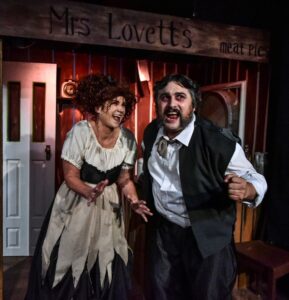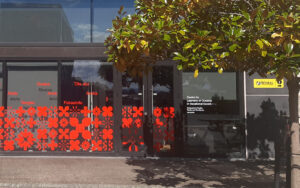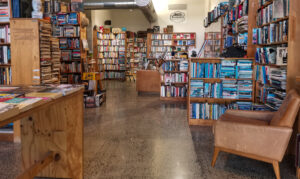Why Black Lives Matter here, and now
The personal perspectives of young locals on a global movement.
Perspectives of young locals on a global movement
In 2005, five-year-old, Aisha Mohamed Khalif
came home from school to find racial slurs written on the windows of her
family’s house in Hamilton. The exact words don’t bear repeating, but the
experience left a deep mark on Aisha’s understanding of her own identity.
“I was born here,” Aisha says. “I felt my life
was under threat for being black.”
Aisha is now studying towards a Bachelor in
Political Science and International Relations at Waikato University. She
remains a fiery advocate for increased understanding of black issues. The chief
source of inspiration for Aisha’s work is the Black Lives Matter movement.
“In high school any chance I would have to write freely I would immediately choose to discuss Black Lives Matter. This hasn’t changed in university.”
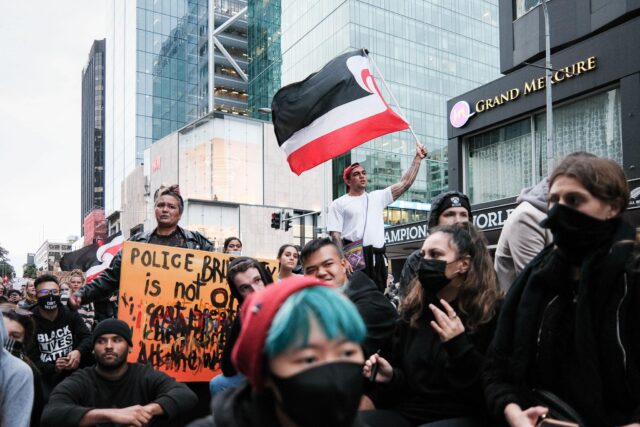
Black Lives Matter began as a Twitter hashtag in 2013, when users across the globe turned to social media to express their outrage at the acquittal of George Zimmerman. Zimmerman shot and killed 17-year-old, unarmed, African-American Trayvon Martin in 2012. Zimmerman was found not-guilty after pleading self-defence.
Over the next six years, founders Alicia Garza, Patrisse Cullors, and Opal Tometi expanded their online campaign. Today the Black Lives Matter Foundation describes itself as a “global organization in the US, UK, and Canada, whose mission is to eradicate white supremacy and build local power to intervene in violence inflicted on black communities by the state and vigilantes”.
This month Black Lives Matter has overtaken Covid-19 headlines internationally as protesters reacted to video footage of George Floyd’s death while in the custody of police. To date, 450 demonstrations have taken place across the United States, with solidarity demonstrations, and marches being held in Canada, the United Kingdom, Germany, Australia, and our own Aotearoa.
In Auckland, on June 1, and June 14, thousands joined anti-racism marches under the banner of Black Lives Matter.
In Wellington on June 14, community advocate Guled Mire spoke to a crowd of around 5,000 on the steps of Parliament.
The Waikato has also been affected by the fervour which is sweeping the country. Earlier this month Hamilton City Council removed the statue of British naval officer, Captain John Hamilton, from Civic Square amid threats that the colonial monument would be taken down by force.
The next day, on Saturday, June 13 at 12pm, a Black Lives Matter unity march began in Memorial Park, and ended in Garden Place. Based on the Facebook event information, the crowd was estimated at more than 900. It is perhaps the largest gathering of its kind to take place in the city.
Aisha Khalid was among that number. “New Zealand should study this revolution and evaluate how they treat people of colour because as a black woman who is Muslim I know New Zealand is no better than the US.”
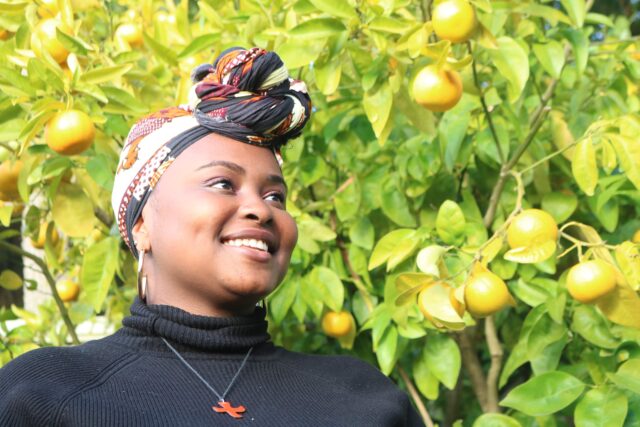
Lushomo Thebe, law student at Waikato University and director of the Waikato Students’ Union, is another young African New Zealander who helped to lead Saturday’s march.
“This movement is not a trend,” Lushomo says.
Lushomo immigrated to New Zealand from Zambia
in 2010. She, her parents, and sisters live in Whatawhata with their two sheep.
Lushomo has always been actively involved in her community. As the first head
girl of African descent at Sacred Heart College her aim was to empower others,
a goal which she has carried with her into her university studies.
“I am committed to growth, love, gratitude, and inner peace.”
When asked about the impact Black Lives Matter
has had on her life, Lushomo remembered first learning about the movement from
social media when she was in Year 8.
“For me, the movement has reaffirmed a lot
about what I already know about racism. Before I migrated to Aotearoa, I had
only been educated in racism but I had never experienced it. It was only after
migrating to New Zealand, where I became a minority, that I became aware of the
racism, oppression, and injustices faced by black communities. If I am in a
group of black people, we are very much noticed. You definitely feel seen.
Racism is not isolated to the USA. It happens here in Aotearoa too. To put it
simply, people now know that my life, the lives of my people, matter. That
means a lot to me.”
Lushomo believes that Black Lives Matter is
not only a civil rights movement, but a human rights movement. For Lushomo,
this is just the kind of movement New Zealand needs.
“I think the Black Lives Matter movement has
put a spotlight on the racism faced by ethnic minorities and tangata whenua. It
has brought to light the inherent racism in this country. I hope the Black
Lives Matter movement will continue to implore New Zealanders to call out
racism and bigotry present in Aotearoa. I think this is one of the many ways we
can begin to bring about racial equity and embrace inclusiveness.”
Lushomo recommends listening as another way to help under-represented voices.
“It is a privilege to have the opportunity to learn about racism rather than experience it,” Lushomo explains. “Please do not rely on black communities to do all the educating. As a decent human being, you have the responsibility to research, listen, and try. Being an ally is not a one-week performative act. It is a lifetime commitment to learning.”
Lushomo is thankful to have found allies in
her fellow student union directors. Earlier this week, she approached them with
the idea of showing support for Black Lives Matter. The union president, Kyla
Campbell-Kamariera, suggested they create a video.
The result of this collaboration between student leaders can now be viewed on the WSU Facebook page. The video is a simple, positive affirmation of the values behind Black Lives Matter, and issues a challenge to everyone to do their part.
“We need to learn to be comfortable with being uncomfortable. It is better to come forward imperfectly, rather than not come forward at all,” Lushomo encourages.
Aisha, and Lushomo are not the only young people in the Waikato to have been impacted on a personal level by the Black Lives Matter movement.
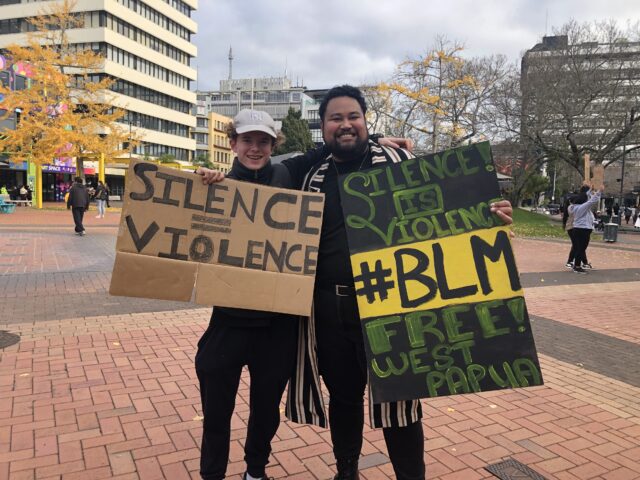
Joseph
Monise identifies as a Rotuman/Kiwi and a proud member
of the LGBTQIA+ rainbow community. He works as a tertiary education
facilitator.
Joseph first became aware of the Black Lives Matter
Movement when his social media feeds began flooding with pictures of Trayvon
Martin in 2013.
“My thoughts were immediately focused on the
injustice and the need for it to be brought to light so we can address and
start having conversations around systemic racism, and unconscious bias
worldwide.”
Joseph believes that the awareness generated by Black Lives Matter is essential for New Zealanders if we are not to repeat the mistakes of our shared history.
“There is a reason why these protests exist. There is a reason why the issues exist. A fundamental human issue is to provide equity for all rather than the elite few who are beneficiaries of history’s victors.”
For Joseph the Black Lives Matter movement in
Aotearoa is characterised by hope.
“If you ask me if I have experienced racism, I would say yes, and not all from white people. I genuinely treat misunderstandings as an invitation for conversation. I genuinely hope that the movement creates opportunities for our families and friends to engage in open dialogue about the issues surrounding the purpose, essence, and mana of Black Lives Matter. Hopefully we will identify white supremacy, systemic segregation, racism, violence against IBPOC (Indigenous, Black and People of Colour) communities, and injustice for minorities.”
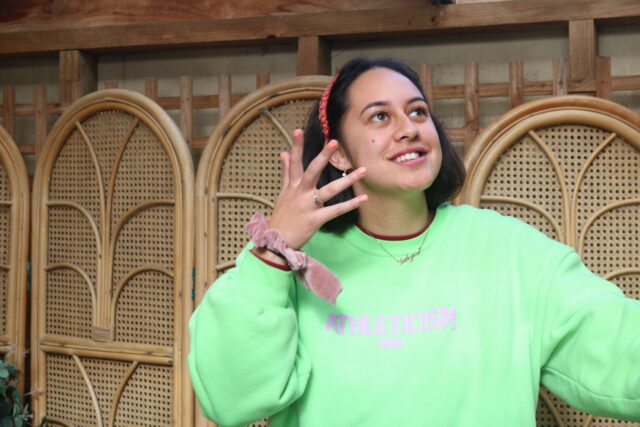
Jahvaya
Wheki is president of the Hamilton-Dinsdale Lions
Club, a finalist for Miss New Zealand 2020, and a proud advocate for Brave
Charitable Trust.
Jahvaya became aware of Black Lives Matter
this year. However, the message of the movement made powerful connections with
her experience. For Jahvaya, Black Lives Matter is about condemning
discrimination in all its forms.
“Personally, as a young Māori woman, I have had a lot of racist experiences. I’ve been in a few rooms where I was the minority three times over. I was the youngest person, one of only a few women, and the only Māori. There are heaps of people that do look at you straight away and see your colour, your gender, and your age. They’re not conscious of their energy. People looked at me as if I wasn’t important. I felt really uncomfortable. I just didn’t feel like I fit.”
Jahvaya sees Black Lives Matter as a chance
for Aotearoa to learn and grow.
“It makes me feel sad because in my eyes everyone is human. We’re all one race. So, it breaks my heart that we have needed this movement. But I am so grateful for this movement because finally we are having this conversation. This is an opportunity to stand up, speak up, and express ourselves.”


